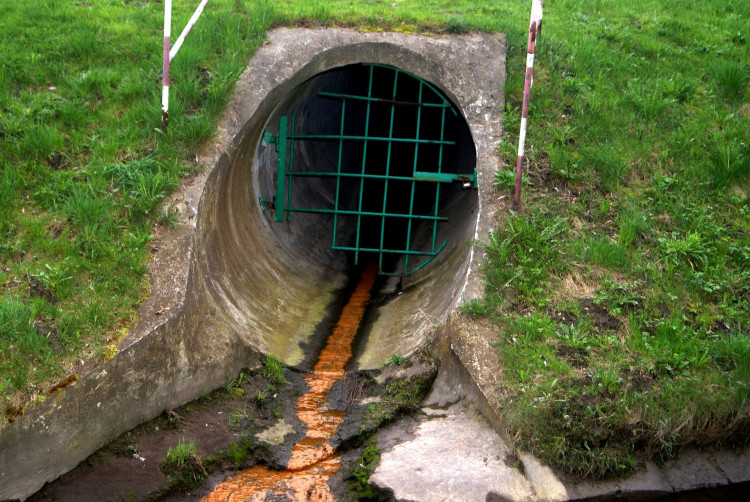Police authorities in about a dozen cities across the country are analyzing pee from sewage to trace people who use illegal drugs. The method used for analysis is called the waste-based epidemiology or WBE. Li Xiqing, an environmentalist from Peking University in Beijing, is leading the initiative.
WBE specifically involved analyzing the metabolites that are excreted in urine, which seep through the sewage system. Through the technique, the Zhongshan police were able to pin down a drug manufacturer in the city. From then on, more cities expressed interest in using WBE to target and arrest drug users. More local governments would be joining the initiative as early as 2019, according to Li.
Li saw an opportunity to test out WBE two years after local and national agencies launched campaigns against illegal drug users and manufacturers in 2013. Li set up a team to analyze methamphetamine and ketamine traces in water seeping through sewage across China. In their two years of study, the team was able to paint the picture of drug use within several local communities.
Aside from tracking down people who abused illegal drugs, the data gathered through WBE also reflected the outcome of local drug policies in curbing drug use. Zhang Lei, an environmental policy researcher at Renmin University who worked with Li, said WBE technique decreased methamphetamine and ketamine abuse by 42 percent and 67 percent, respectively.
Li now believes that he can convince the international community to include WBE in their drug control policies. Li told the science journal Nature that the outcome of WBE in China would set as an example for other countries.
WBE had actually been used in Belgium, the Netherlands, Spain, and Germany. However, the purpose of the technique in these countries was geared towards more on research in epidemiology and not for setting drug control policies like how Li is proposing. WBE is also used by health researchers to identify bacteria and viruses from humans' excretions.
Other researchers, however, saw the possibility with Li's proposal. Shane Neilson, head of Determination for High Risk and Emerging Drugs at the Australian Criminal Intelligence Commission in Canberra, said WBE could reliably measure drug use within a community. Jose Antonio Baz Lomba, researchers at the Norwegian Institute for Water Research in Oslo, said international police authorities should include WBE in their drug policies.
On the other hand, Carsten Prasse, an environmental health researcher at John Hopkins University in Baltimore, Maryland, stated that WBE poses privacy concerns in the U.S.
In June, President Xi Jinping said China's war on drugs also threaten national security and welfare of the people.
There were about 2.55 million people in the country who were found to be in possession of illegal drugs according to the 2017 China Drug Situation Report from the China National Narcotics Control Commission. Of those 2.55 million people, 321,000 were placed in rehabilitation facilities, South China Morning Post shared. More than 60 percent of drug users were hooked on methamphetamine.





